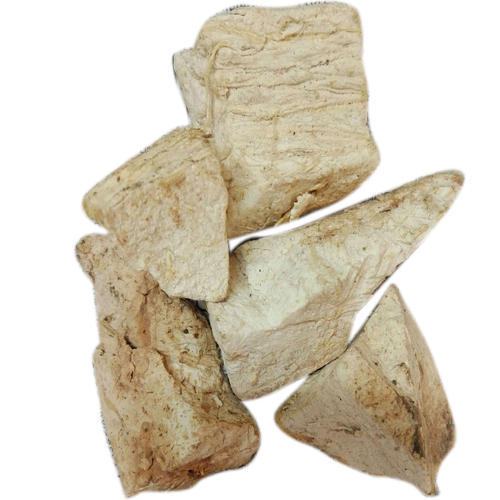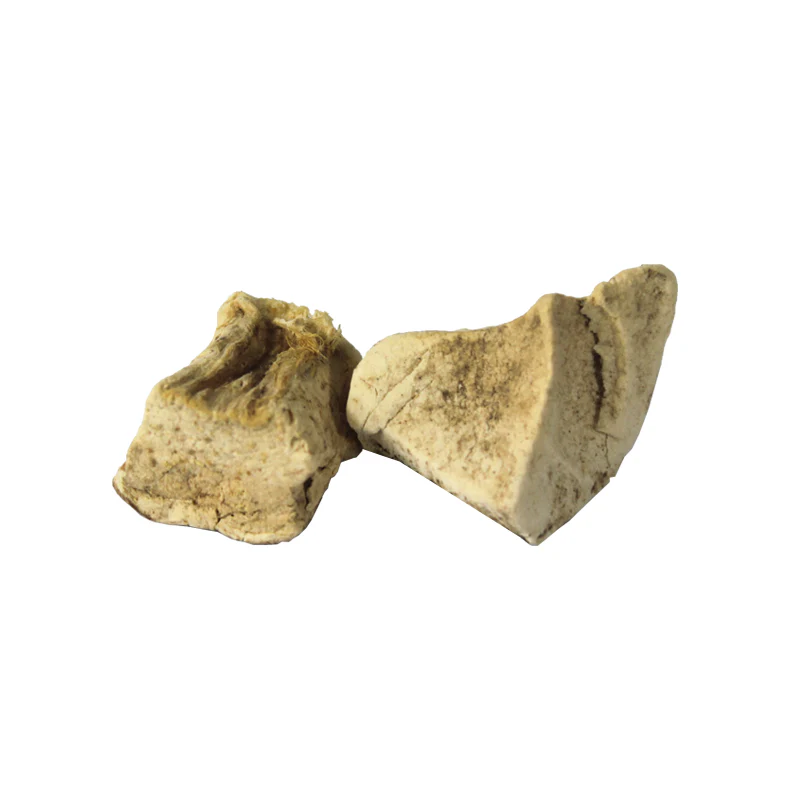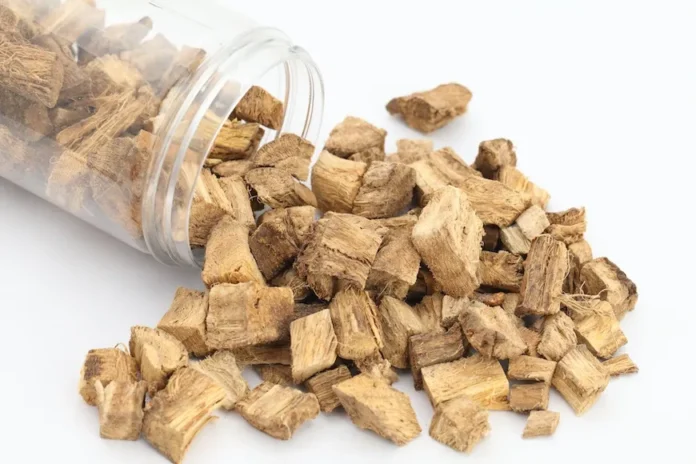INTRODUCTION

Urdu name: Badhari Qand
Kudzu (Pueraria lobata) is a plant that is native to East Asia, particularly China, Japan, and Korea. Kudzu root comes from the kudzu plant, a fast-growing vine native to Asia. It’s often used in traditional medicine and is known for its potential health benefits, including anti-inflammatory properties and support for digestive health. Kudzu root is also rich in antioxidants and has been studied for its effects on alcohol dependence. However, like any supplement, it’s important to consult with a healthcare provider before using it.
Forms
Kudzu root can be found in several forms:
- Powder: Ground kudzu root is often used in supplements and can be added to smoothies or other foods.
- Capsules: These provide a convenient way to take kudzu root as a dietary supplement.
- Tinctures: Liquid extracts of kudzu root that can be taken directly or mixed with water.
- Teas: Kudzu root can be brewed into a tea, which is a traditional method of consumption.
- Whole Root: Dried kudzu root can be used in cooking or medicinal preparations.
Health Benefits
Kudzu root is associated with several potential health benefits, including:
Alcohol Moderation
One of the well-known uses of kudzu root is its potential role in reducing alcohol intake. Some studies suggest that kudzu root extracts may help reduce alcohol consumption by influencing alcohol metabolism and reducing the desire for alcohol. It is believed that the isoflavones in kudzu, such as puerarin, may play a role in these effects.
Blood Sugar Regulation
Research has indicated that kudzu root may have benefits in regulating blood sugar levels. The isoflavones in kudzu may influence insulin sensitivity and glucose metabolism, potentially offering support for individuals with diabetes or those at risk of developing diabetes.

Cardiovascular Health
Kudzu root contains compounds with antioxidant properties, such as isoflavones, which may have positive effects on cardiovascular health. Antioxidants help neutralize free radicals that can contribute to oxidative stress and damage in the body.
Menopausal Symptoms
Due to its phytoestrogen content, kudzu root has been explored for its potential in managing menopausal symptoms. Phytoestrogens, which are plant compounds with estrogen-like effects, may help alleviate some of the discomfort associated with menopause, such as hot flashes.
Anti-inflammatory Effects
Some studies suggest that kudzu root extracts may possess anti-inflammatory properties. Inflammation is associated with various health issues, and compounds in kudzu root may have a role in modulating inflammatory responses.
Digestive Health
Kudzu root may support digestive health by promoting better gut function and relieving gastrointestinal issues. It contains compounds like isoflavones, which can help soothe the digestive tract and reduce inflammation. Additionally, kudzu is thought to help with symptoms such as diarrhea and upset stomach. Its fiber content can also support regular bowel movements. Overall, while more research is needed, kudzu root has been traditionally used to aid digestion and improve gut health.
Pain Relief
Kudzu root has been traditionally used for pain relief, particularly for headaches and migraines. It contains compounds that may help alleviate pain by reducing inflammation and promoting circulation. Some studies suggest that kudzu may affect neurotransmitter levels, which could contribute to its analgesic properties. While it’s not a primary treatment for pain, many people find it helpful as a complementary approach. As always, consulting with a healthcare provider is advisable before using kudzu for pain management.
Side Effect

Kudzu root is generally considered safe for most people when used appropriately, but it can have some side effects, including:
- Gastrointestinal Issues
- Allergic Reactions
- Hormonal Effects
- Interactions with Medications
- Drowsiness




